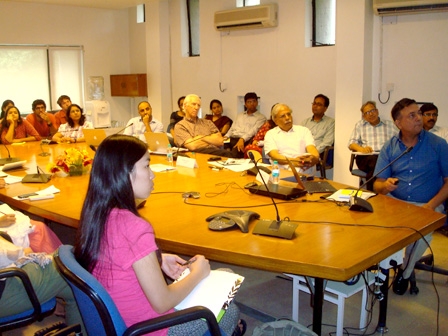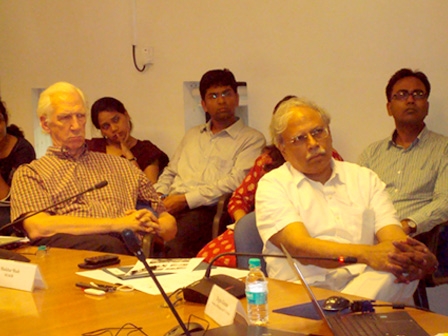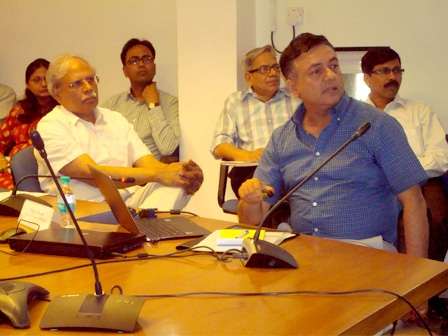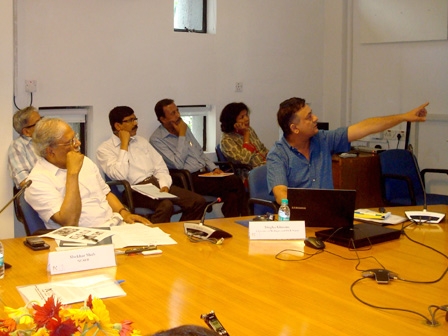Innovations in Data Collection: The Chitwan Valley Family Study in Nepal
30 Jun 2014
Past Event
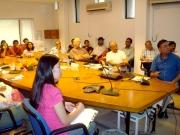
The Chitwan Valley Family Study (CVFS) is an 18-year old, multi-level, panel study of communities, households, and individuals based on multi-mode, mixed-methods data collection built around cutting-edge, computer-assisted personal interviewing (CAPI) and mobile phone technologies. CVFS serves as a unique laboratory based at ISER-N for interdisciplinary social and economic research in the heterogeneous, high-mobility setting of the Chitwan Valley in Nepal’s Inner Terai region. CVFS investigates the impact of this rapidly changing context on family formation using a combination of ethnographic, archival, geo-spatial, and survey methods. CVFS tracks domestic and international migrants and provides continuous measurement of community change going back seven decades and backed by 17 years of monthly demographic event data. CVFS data are available through ICPSR, the Interuniversity Consortium for Political and Social Research at Michigan, www.icpsr.umich.edu.
At this seminar on the “Innovations in Data Collection: The Chitwan Valley Family Study in Nepal”, Dr Dirgha Ghimire from the University of Michigan and the Institute for Social and Environmental Research in Nepal (ISER-N) discussed study’s design and its evolution, including tracking respondents over time and space and the use of innovative life history calendars for data collection using multi-level retrospective histories and measurements between panels. He described how CAPI makes it possible to collect high-quality panel data in less-than ideal field conditions but with active, real-time survey management at ISER-N and Michigan. As panel studies around the world have shown, understanding the consequences of rapid social, economic, and environmental change for policy design, implementation and monitoring has become critical in all settings. Dr Ghimire explored how the innovative design and execution of CVFS can be useful for similar cultural settings, such as in India. Prof. Reeve Vanneman, University of Maryland provided his comments as the discussant for the seminar. The Q & A that followed was a platform for some very thoughtful discussions in this subject area.
Dr Dirgha Ghimire is the Director of ISER-N and Research Associate Professor at the Population Studies Center and Faculty Associate at the Survey Research Center at the University of Michigan.







